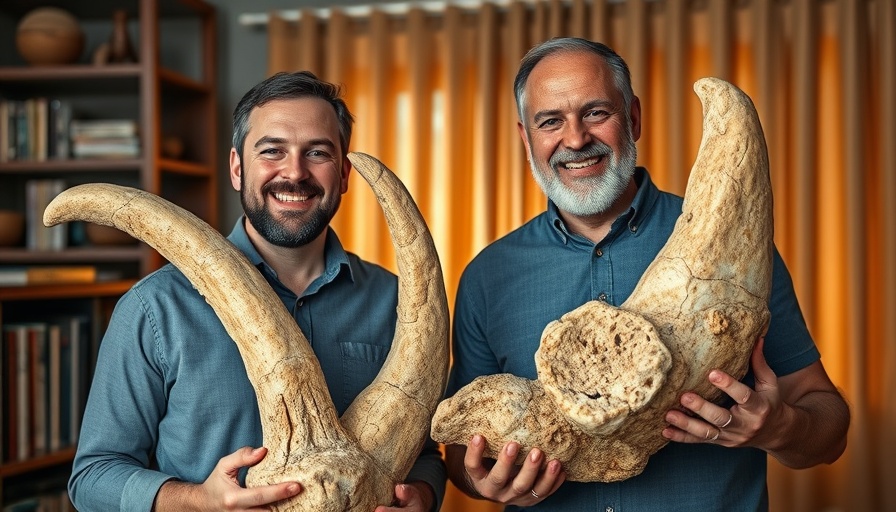
Cierra Ortega's Controversial Departure from Love Island
In the world of reality television, social media often extends its influence beyond the screen. A prime example is Cierra Ortega, a former contestant on "Love Island USA," who found herself in hot water following the resurfacing of past posts containing a racial slur aimed at the Asian community. This controversy ultimately led to her exit from the villa, mere days ahead of the show's finale.
Understanding the Impact of Historical Context
Ortega's apology video, posted on TikTok, signals deeper conversations about accountability and the societal implications of language misuse. Her acknowledgment of ignorance highlights an ongoing discourse about why certain words carry significant historical weight, inflicting emotional harm far beyond their immediate usage.
The Role of Social Media in Holding Faces of Reality Shows Accountable
Moreover, Ortega's tarnished reputation reflects the power of social media as a tool for public accountability. Just weeks ago, another contestant, Yulissa Escobar, faced a similar backlash, illustrating a growing trend in which public figures must navigate their past in the age of digital footprints. The platform serves as a double-edged sword, offering stars opportunities for immediate fame while simultaneously holding them accountable for their past missteps.
Shifting the Narrative: From Ignorance to Accountability
Ortega's declaration of her intent to change evokes a vital question: how genuinely can personalities shift their narratives post-controversy? "This is not an apology video. This is an accountability video,” she stated. This empowers audiences to contemplate what real accountability looks like in a televised life where everything feels performative. It's a call for influencers and the public alike to engage in meaningful dialogues around themes of race and respect.
The Emotional Toll on the Community and Observers
As Ortega expressed her pain regarding the impact on her family, it raises an essential discourse on the emotional ramifications of public scrutiny. Oftentimes, the effects of social media spills over into the lives of individuals related to the accused, creating a ripple effect of distress. For the Asian community, the gravity of Ortega's language inevitably initiated discussions around the sensitivity required in interracial dialogues, pushing the community towards vindication and healing.
Relevant Trends in Pop Culture and Accountability
In recent years, there's a visible surge of accountability—the hashtag culture on platforms like Twitter or Instagram signifies a loud collective voice ready to challenge problematic language. Ortega’s experience serves as a stark reminder that language matters, and with increased visibility comes increased scrutiny and higher demands for accountability.
Where Does This Leave Reality TV Enthusiasts?
The implications of Ortega’s actions, and her subsequent acknowledgment, opens up new conversations on the expectations placed on reality television figures. Are they merely entertainers, or role models bearing the responsibility of their words? The audiences, composed of 24-50-year-olds from diverse backgrounds, are left pondering this question as they observe the unfolding narratives.
Conclusion and Call to Action
As we discuss the nuances surrounding figures like Ortega, we challenge ourselves to stand firm in our engagements with the content we consume. Following her public accountability, Ortega has called for a shift away from hate, underscoring a crucial point: empathy needs to underpin any critique. Join the conversation on social media, share your thoughts, and advocate for the meaningful use of language in public discussions.
 Add Row
Add Row  Add
Add 




 Add Row
Add Row  Add
Add 

Write A Comment